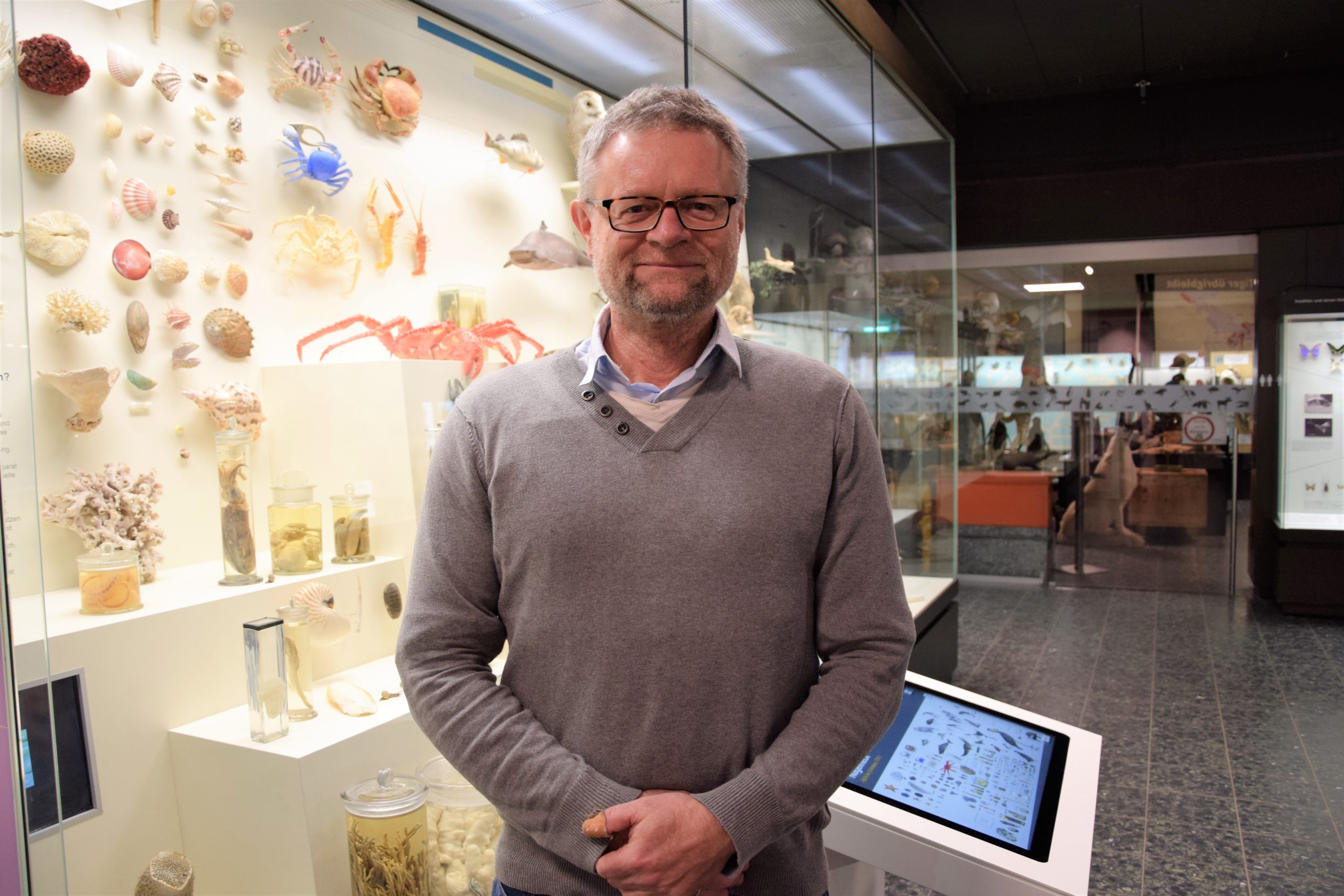“Nature can still be saved” – Bernhard Misof on the World Conference on Nature
 © LIB, Steinkröger
© LIB, Steinkröger
It is about saving the planet, about turning the tide in the biodiversity crisis. From 7 December, government representatives from almost 200 countries will meet in Montreal, Canada, with the aim of forging a pact to protect nature. LIB Director General Prof. Dr Bernhard Misof believes that nature can still be saved if we take the right measures:
What do you expect from the World Conference on Nature in Montreal?
I have high hopes for the World Conference on Nature in Montreal. A fortnight ago, the species protection conference took place in Panama. It had many successes, such as the protection of 60 shark species internationally, the protection of elephants and ivory. That is a very, very positive development. And we feel around us and also internationally that people are finally ready to really do something for nature conservation and for the protection of biodiversity. Even though the heads of government will not be in Montreal, there will still be a working level at which we can hopefully make really substantial progress here.
Can nature still be saved?
Nature can still be saved. There are various models that show that if we take the right steps, we can definitely reverse the trend. The right steps are the protection of natural ecosystems, changes in our consumption behaviour and, ultimately, a shift away from fossil fuels. All these three components together would enable us to actually reverse the trend in biodiversity loss. We all just have to want it, and I think that is the crucial point that we as a civil society as a whole have to take up and ultimately implement.
Where should nature conservation start?
Nature conservation should start at the following levels: Of course, it is also about protecting endangered species from extinction. That is very important. But the actual approach in nature conservation must be that we say there must be no conflict between climate protection and the protection of biodiversity. There has to be joint thinking and one of the solutions is to promote nature-based solutions. What are nature-based solutions? It is about protecting ecosystems, which can also serve as CO2 reservoirs, or making them close to nature again and caring for them. There are the famous 30/30 goals, that is, 30 per cent of our globe is to be protected by the year 2030. The implementation of these goals would be exactly what we need – in addition to changing our consumption behaviour, in addition to turning away from fossil energy sources.
Where does the LIB start with its research and outreach?
The LIB is now addressing two or maybe even three different levels with its research: Level one: We explore and characterise the insanely fascinating diversity of nature. Consider that probably 50 per cent or 30 per cent of all biological species have not even been described and known yet. The second level at LIB is that we are very, very committed to understanding diversity in its genomic basis. And the third level is also to understand diversity by doing research on monitoring, developing monitoring methods and doing conservation research. Taken together, these research directions provide a comprehensive picture of biodiversity and what we can ultimately generate from it in terms of knowledge for action.
And if you think about mediation, these are also precisely our topics. How can we communicate the fascination of nature? How can we communicate the need to observe and understand nature outside? To understand the causes of the decline in biodiversity, ultimately also with the aim of creating a bond with nature. Because only emotionality will give us the possibilities to bring about something in each individual that leads to the protection of nature, to the protection of biodiversity.


